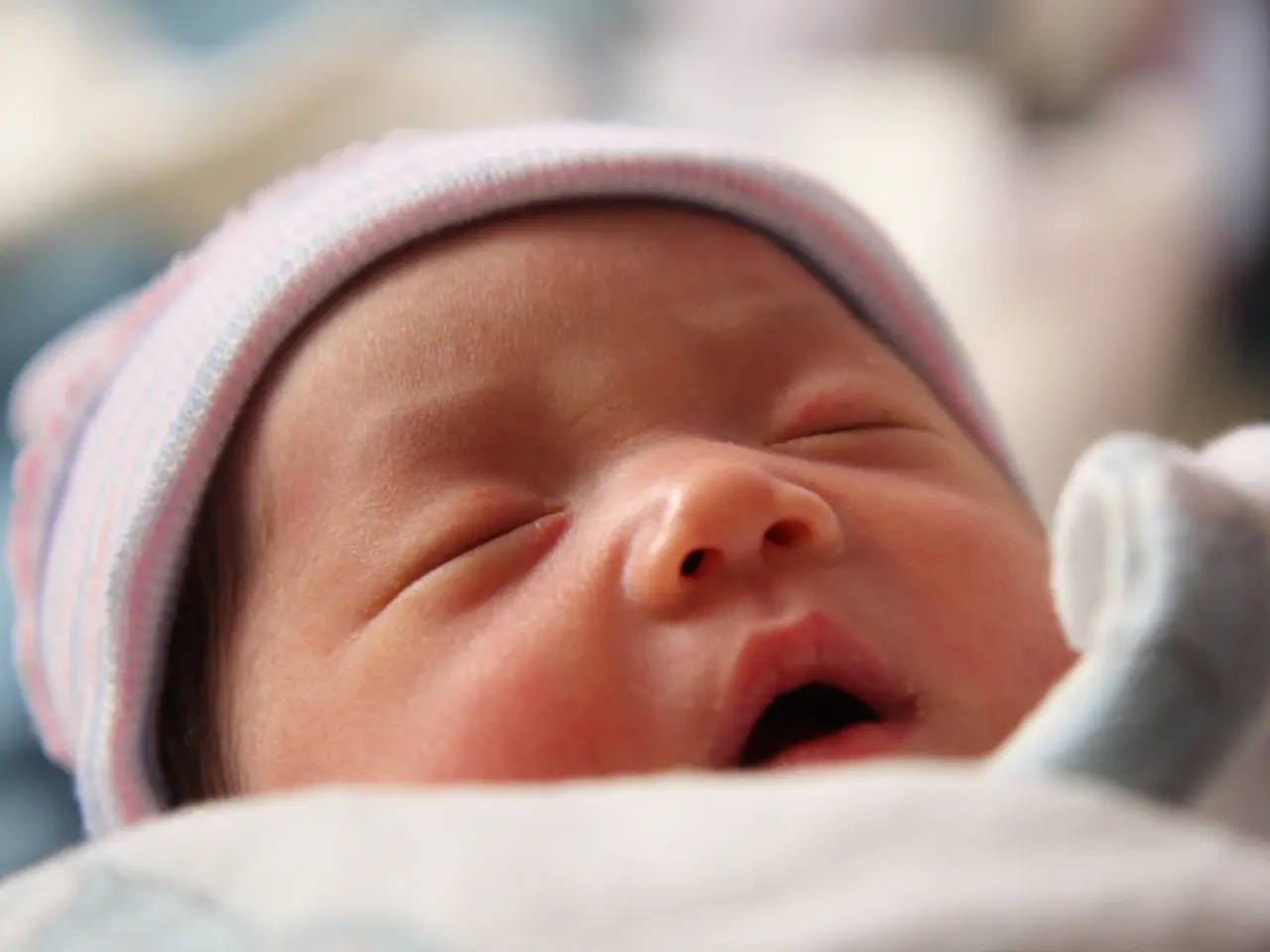Discovering the ideal bedtime for you: Unraveling the specific hours Americans typically rest, with guidance on determining your personal optimal sleep schedule
================================================================================
For many, finding the perfect bedtime can be a challenge. However, it's essential to understand that the ideal sleep schedule varies by individual sleep chronotypes and maintaining sleep regularity is crucial for aligning with your natural circadian rhythm and maximizing sleep quality.
Early Chronotypes, or "Larks" and "Lions," typically thrive when they go to bed between 9:00 PM and 11:00 PM, with energy peaking in the morning and waking around 5-6 AM naturally. These individuals benefit from going to bed early and waking early, following their internal clock.
On the other hand, Late Chronotypes, or "Owls" and "Wolves," often find their ideal bedtime between 12:00 AM and 2:00 AM. These individuals tend to feel naturally sleepy later and wake up later, with energy peaking in the afternoon/evening. Forcing early bedtimes can cause sleep debt and poor rest.
Other chronotypes, like Bears (middle chronotype) and Dolphins, may have more traditional or irregular sleep patterns, respectively.
Regarding sleep regularity, it is vital to:
- Maintain a consistent bedtime and wake time daily, aligned with your chronotype, to support your circadian rhythm.
- Even if you stay up later than usual occasionally, try to wake up at your regular time to avoid disrupting your internal clock.
- Follow sleep hygiene principles (regular schedule, relaxing bedtime routines, avoiding late naps and bright screens before bed, and morning sunlight exposure) to reinforce circadian alignment.
A nighttime routine can help signal to the body and brain that it's time to relax and go to sleep, making it easier to fall asleep and stay asleep consistently. This nighttime routine is often referred to as 'sleep hygiene' and conditions the brain to associate these activities with sleep.
In summary, the ideal bedtime is personalized to your chronotype, ranging from early evening for "Lions" to after midnight for "Owls," and regularity in sleep times is equally important for healthy sleep and overall wellbeing. A recent study showed that 'higher sleep regularity' was associated with a 20%-48% lower all-cause mortality risk.
So, whether you're a Lion, a Wolf, or somewhere in between, finding your ideal bedtime and maintaining sleep regularity can lead to better sleep, improved health, and overall wellbeing.
[1] National Sleep Foundation. (2015). Sleep in America Poll. [2] Roenneberg, T., Allebrandt, C., Merrow, M., Vetter, T., & Wirz-Justice, A. (2003). Time-typed personality and sleep. Current Biology, 13(20), R891-R892. [3] Roenneberg, T., & Merrow, M. (2005). Chronotype distribution, sleep duration, and daytime dysfunction in a national sample. Sleep, 28(1), 47-55. [4] National Sleep Foundation. (2015). Sleep Hygiene Tips.
- Adhering to the recommendations of sleep hygiene, which includes maintaining a consistent bedtime and wake time, can help align with one's natural circadian rhythm, thus enhancing overall health and wellness within the health-and-wellness lifestyle.
- Regardless of being an 'Early Chronotype' or a 'Late Chronotype,' identifying one's personalized bedtime and establishing a regular sleep schedule can significantly contribute to better sleep quality, improved health, and reduced risk of all-cause mortality, as science suggests.




